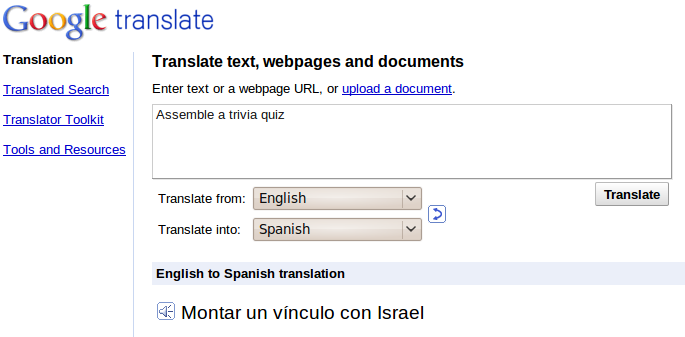A cricket writer enlightens us on the Urdu tense system
Pakistan is playing England in a series of cricket matches, and on Sunday, August 29, Mike Brearley filed from the famous Lord's cricket ground an unbearably pompous article in The Observer about how things are going. "Cricket is the cruellest game," he began; "It is also, by the same token, the kindest" — I will spare you the rest of the self-contradictory pseudo-literary drivel of his first paragraph. But with his second paragraph he moves into linguistics and theology, and I think Language Log has to comment on the former:
There is no future tense in Urdu; the future is in the hands of Allah, it is not for mortal men to speak as if they presume to know what it holds. But Pakistan's players must at least have feared for their future as the day wore on.
Can you guess what I did on seeing this, Language Log readers? (Apart, that is, from muttering imprecations under my breath, not for the first time, about how I simply do not understand the tendency for people to talk about language as if they can just make stuff up and nothing needs to be fact-checked.) I know a little about the Indic languages, and I do have some of the right books. So I got up, walked across my office, and plucked my rather ancient (1962) copy of Teach Yourself Urdu from the shelf.
Read the rest of this entry »



 Ads for the Confucius Institutes show up all over the Web. At times they seem to be virtually ubiquitous, at least on sites that I visit. One that I've been encountering frequently of late shows a sculpture of Confucius, at the bottom of which are written the words "Kongzi Xueyuan" 孔子學院, translated below that as "Confucius Institute," followed by the words "Teach you pure Chinese."
Ads for the Confucius Institutes show up all over the Web. At times they seem to be virtually ubiquitous, at least on sites that I visit. One that I've been encountering frequently of late shows a sculpture of Confucius, at the bottom of which are written the words "Kongzi Xueyuan" 孔子學院, translated below that as "Confucius Institute," followed by the words "Teach you pure Chinese."